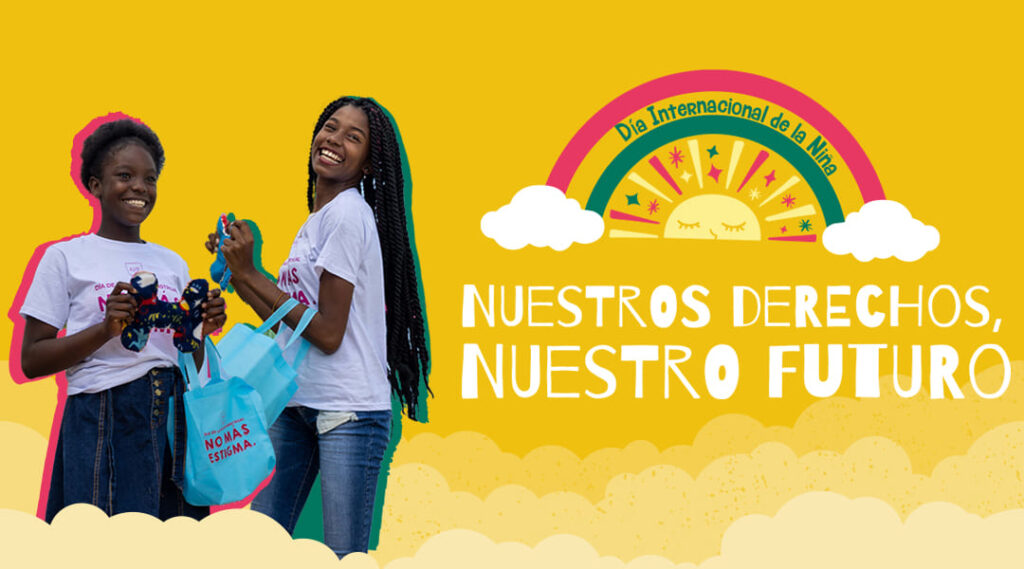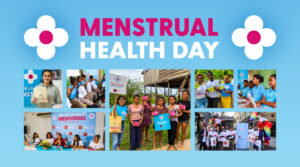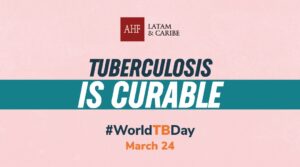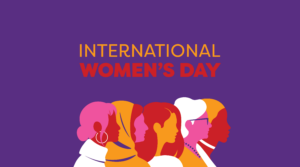This October 11, International Day of the Girl, we raise our voices together with millions of girls in Latin America and the Caribbean, who live the consequences of an unequal region. While some of them can aspire to great achievements, others are experiencing new humanitarian crises such as forced displacement and old cultural problems such as early unions, institutionalized sexism and gender violence.
One in four teens in the region have “joined” (joined informally) before the age of 18, often due to an unplanned pregnancy, according to Unicef data. While Mexico ranks eighth in the world for the absolute number of adolescents who are married or in a union –one million 420 thousand– that is, 26%, in the Dominican Republic the percentage is 36% and in Guatemala 30%. This is the second highest rate of child marriage, behind sub-Saharan Africa.
The Atlas of Early Unions of the organization Girls not Brides, shows that in the region the proportion of girls married or in union is higher than that of boys. They often move in with older men and the relationship is not formalized, making registration difficult.
On the other hand, the 5.4 million migrants from Venezuela, 25% are in childhood, according to UNHCR data, but girls are the most exposed to violence, discrimination, xenophobia and all kinds of exploitation. According to Unicef, 4 out of 10 girls between the ages of 15 and 19 have experienced violence from their partner.
Boys and girls do not vote and that limits children’s problems from being part of the public agenda in our countries in the region, where far from having commitments to social welfare, the priority of the rulers is to win political quotas. For this reason, the problem of girls remains outside the priorities of public policies: data on violence, pregnancies and forced marriages are insufficient.
In a region where sexism is so deeply rooted, impunity for crimes against women is very high. For example, in Mexico, according to data from the National Survey on Victimization and Perception of Public Security, only 7% of crimes against women are investigated. Now let’s imagine not to say if it is girls, the figure is practically non-existent.
To help change the future of girls and adolescents, AHF has developed for five years the international program Girls Act (Girls in Action) that promotes empowerment and leadership. In Latin America and the Caribbean, the program has reached 588 indigenous, migrant and other socially vulnerable girls and adolescents in 6 countries to date and by 2023 it will expand its reach in other countries.
Girls Act currently works with structured programs in Argentina, Colombia, Guatemala, Haiti, Jamaica, Peru and the Dominican Republic.
To date, the Girls Act program has a presence in 32 countries where the AIDS Healthcare Foundation (AHF) operates, a driving organization whose main mission is to prevent, diagnose and support the treatment of HIV and Sexually Transmitted Infections (STIs).
You can learn more about the Girls Act initiative, girls in action at https://girlsact.org/
AIDS Healthcare Foundation (AHF), the world’s largest organization in the response to HIV and AIDS. It currently provides health care and/or services to more than 1.6 million people in 45 countries: in the United States, Africa, Latin America/Caribbean, the Asia/Pacific Region, and Europe. For more information about AHF, visit our website: www.aidshealth.org, find us on Facebook: www.facebook.com/aidshealth and follow us on Twitter: @aidshealthcare and Instagram: @aidshealthcare For Latin America and the Caribbean web: https ://ahflatamycaribe.org/ Twitter: @AHFLatamyCaribe Facebook: https://www.facebook.com/AHFLatamyCaribe






